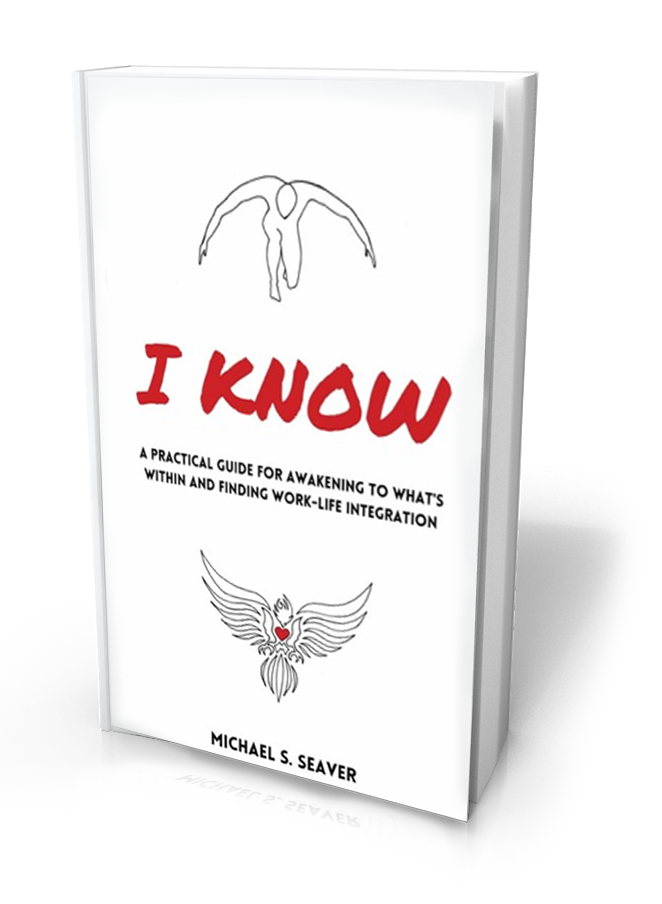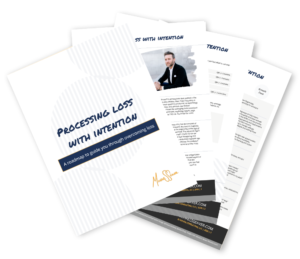I just wrapped up a long weekend spent with friends who truly understand the importance of human character. It seems that so many people have replaced honesty, integrity, and trustworthiness with a focus on the personality ethic. To me, the personality ethic is a focus on the accumulation of iStuff (i.e. iPhones, McMansions, brand name clothes and vehicles), boasting about one’s accomplishments, and being more concerned about how others perceive you than actually operating with a respectable sense of right versus wrong.
Although our society seems to be struggling to let go of the personality ethic, I believe that we’re starting to make the shift to a more enlightened period in time. Shareholders are fed up with exorbinent CEO pay and are fighting outlandish compensation structures. Investors in the recent Facebook IPO fought back against Wall Street propping up the share price artificially. The rise of ideologies focused less on the powerful corporate interests and more on human equality is another example. I am positive that you have multiple examples of your own.
So just what is “out-behaving” someone else?
Out-behaving others is deliberate and specific action focused on bettering the collective whole through your positive impact on the triple bottom line. Each day you are confronted with thousands of decisions. How you choose to act and behave in each of those moments defines your character. Being of positive character allows others to build trust in you because they can rely on you doing what is right.
A few examples of out-behaving others:
1. A retail shop does not charge you for an item, but you left with it unknowingly. When you realize the error, you are confronted with a choice. You can either go back to the store and pay for it, or you can take the item and not pay for it.
2. You are asked, by your boss, to fudge the numbers for the budget so that he will look better and get a larger bonus. You know the numbers are fabricated and untrue. You can either post the untrue statistics, or post the correct numbers and fear the potential consequences.
3. You mistakenly find $1,000 in a lost wallet. Considering that you’ve got credit card debt to repay, you can keep the money and be debt free or you can return the money to its rightful owner.
To ensure that you are out-behaving others, consciously ask yourself…how will I be remembered for making this decision? Is making this choice the best thing for me…or is it the best for everyone involved? Is it the right thing to do?
When the decisions you make focus less on how the attainment of some end will make your stakeholders perceive you in a higher light, and focus more on how the decision was the right thing to do for society’s well being…you are on the path of out-behaving others.
What could be more rewarding than giving back to society in a way that you leave an indelible mark on all those you’ve touched?
Because people will not remember what you said or did, but they will remember how you made them feel, you have an obligation to out-behave others and drive feelings of deep, positive connection.






Connect with me